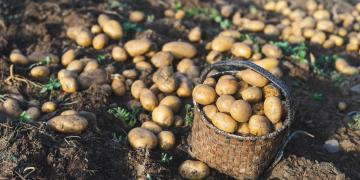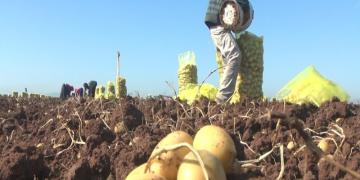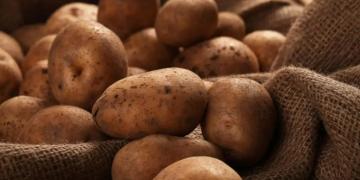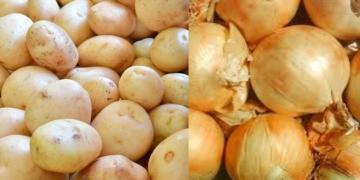Spain: Potatoes from Israel and Egypt flood the shelves in the midst of the new potato campaign in Andalusia and Murcia.
COAG denounces that while the new Spanish potato is beginning to leave the fields with all its freshness and quality, large distribution chains continue to flood the shelves with imported potatoes.

"A calculated strategy to delay the purchase of domestic produce, saturate the market, and force down prices at source. The result: consumers are forced to make the typical potato omelette with raw materials from the Middle East, while quality local produce is in the sacks. It’s unreasonable to find "Origin Israel" potatoes in a commercial area of Campo de Cartagena, with 10,000 hectares planted," lamented COAG’s potato manager, Alberto Duque.
From the main producing areas of domestic new potatoes (Seville, Malaga, and Campo de Cartagena), it is confirmed that supply is currently sufficient to consistently meet the demand of the main retail chains. "We do not understand why local potatoes, with their quality seal and EU standards, are being sidelined on the shelves in the face of imports from third countries. Furthermore, all this is compounded by the widespread presence of storage potatoes from France, which have been harvested since November and have already lost much of their organoleptic qualities after storage in cold storage. We ask consumers to pay attention to the labeling and demand local new potatoes from supermarkets. This guarantees freshness, food safety, and the economic and social development of our communities," emphasized Vicente Carrión, President of COAG Campo de Cartagena.
COAG warns that this strategy jeopardizes 4.2 million rural working days, while releasing an additional 3,376 tons of CO2 into the atmosphere through international transport, the equivalent of the emissions from 10,683 round-trip flights per person on the Madrid-Paris route.
This organization will bring this issue to the attention of the Ministry of Agriculture and the relevant regional ministries in the most affected regions, while urging the purchasing managers of the main distribution chains to fully commit to domestic production.
Fuente:




